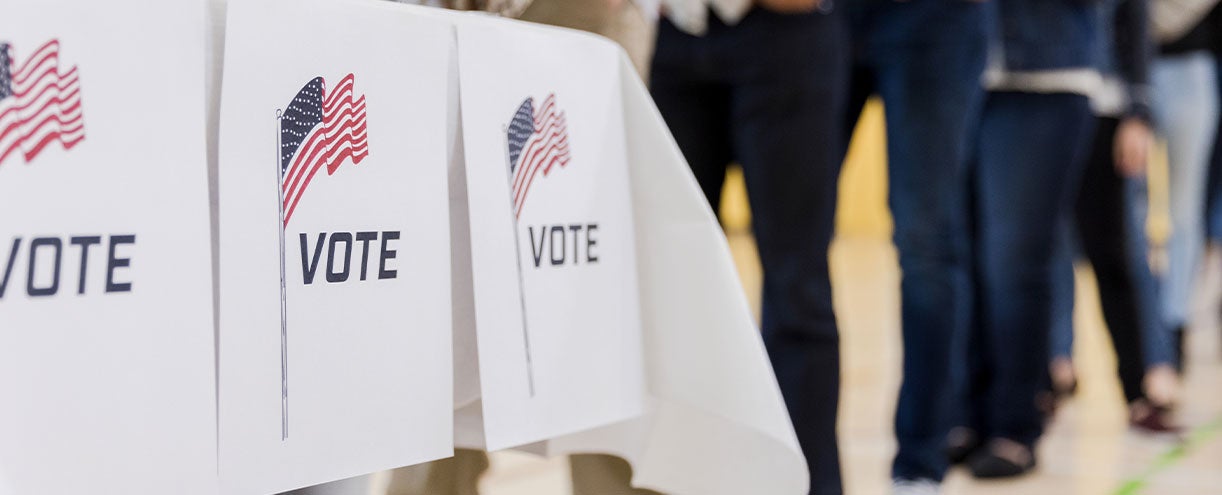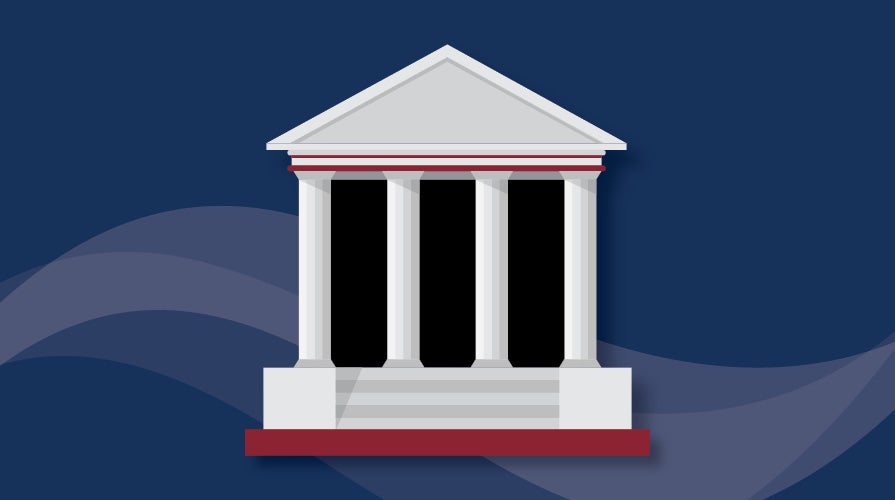What You Need to Know about Public Education and the 2023 Legislative Session
The 88th Texas Legislature was, overall, a disappointment for Texas public schools. While attempts to create a voucher program were unsuccessful, the session ended with no increase in per-student funding and no money designated for teacher pay raises, despite a $33 billion budget surplus. Learn about the bills that passed (and the ones that did not) that will have a direct impact on students, teachers, and school districts.
School Funding, Vouchers
Schools would have needed a $1,000 increase in the basic allotment to keep up with rising costs. Inflation is estimated to have increased 14-17% since the last funding boost in 2019. However, the session ended with no increase in the basic allotment, even though lawmakers were working with a $33 billion budget surplus.
The Senate added an education savings account/voucher program to House Bill (HB) 100, the school finance bill as a last-ditch effort to pass vouchers. The bill died in the House.
Special Session(s)
Much of the $33 billion budget surplus was allocated to property tax cuts. However, the Legislature did not come to an agreement on how to best reduce property taxes during the regular session. As a result, Gov. Abbott called a special session that began only a few hours after the regular session adjourned. The House met the following day, passed its property tax relief bill, and adjourned for the session that same day, leaving the ball in the Senate’s court.
The governor has said that there will be multiple special sessions, including one on “education freedom,” aka school vouchers. That session could be called by the governor at any time.
Public-Education-Related Bills
Hundreds of bills passed this session that will affect public education. Here are some of note.
HB 3, School Safety
This session’s school safety bill includes the requirement that districts have at least one armed security officer per campus. A school board may claim an exception if they lack the funding or available personnel. Districts that ask for an exemption must develop an alternative plan that may include a school marshal or other armed staff member.
HB 3 increased the per-student safety allotment by $0.28 per student. In addition, districts will receive $15,000 per campus to implement safety measures.
The bill also requires most school staff to complete mental health training, requires education service centers to serve as school safety resources for districts, and assigns the Texas Education Agency (TEA) to monitor the implementation and operation of requirements related to safety.
HB 5, Tax Abatement Programs
HB 5 restores school district tax abatement programs for 10 years after the expiration of the ability for districts to approve new 313 tax agreements. Interested companies can submit an application with an economic impact statement to a school district. The district would then forward the application along with a school finance impact statement to the Texas comptroller. After a financial review, the comptroller would make a recommendation to the district on whether to accept the deal. If approved by the comptroller, the school board would vote to approve or deny the offer.
HB 900, Book Ratings
School districts will be required to comply with the Texas State Library and Archives Commission’s new standards for school library collection development. School library vendors must rate books and cannot provide materials that are sexually explicit to a school. HB 900 also prohibits students from checking out sexually relevant materials without parental permission. Districts will be required to review the sexually relevant materials in their libraries every two years.
HB 1416, Accelerated Instruction
This bill loosened some of the requirements of last session’s HB 4545. It reduced the number of hours required for students who fail to achieve satisfactory performance on state tests to 15 hours. However, students who perform significantly below satisfactory are required to get at least 30 hours of accelerated instruction. The bill increases student-to-teacher ratios to four students per teacher for this instruction and makes provisions for exceptions.
HB 1605, Open-Resource Instructional Materials Program
HB 1605 allows the TEA to create an open-resource instructional material program that districts may use. It provides a small allotment for districts that use the state-created and approved materials.
HB 1707, Charter Schools
Municipalities will be required to treat charters as they would an independent school district for the purposes of permitting, zoning, etc. The bill requires that charters provide notice of a new campus to local school districts and legislators within 20 business days of closing on the purchase or lease of property for that campus.
HB 1707 also requires charter school operators to certify that no one in the charter school's leadership or staff will personally profit from any real estate deals involving the school.
SB 10, Retired Educator Raises
SB 10 provides a one-time cost-of-living raise and a one-time 13th check to retired educators. The amounts are tiered depending on when the teacher retired and their age.
SB 763, School Chaplains as Counselors
This bill allows schools to employ school chaplains or allow volunteer chaplains to perform the duties of school counselors.
SB 838, Panic Alert Devices
Every classroom will now be required to have a panic alert device of some sort.
Learn More
Listen to the TASB Talks podcast Recap of the 88th Texas Legislature to learn more about bills that passed.
Sign Up for Texans for Strong Public Schools
Get advocacy action alerts in your inbox.




